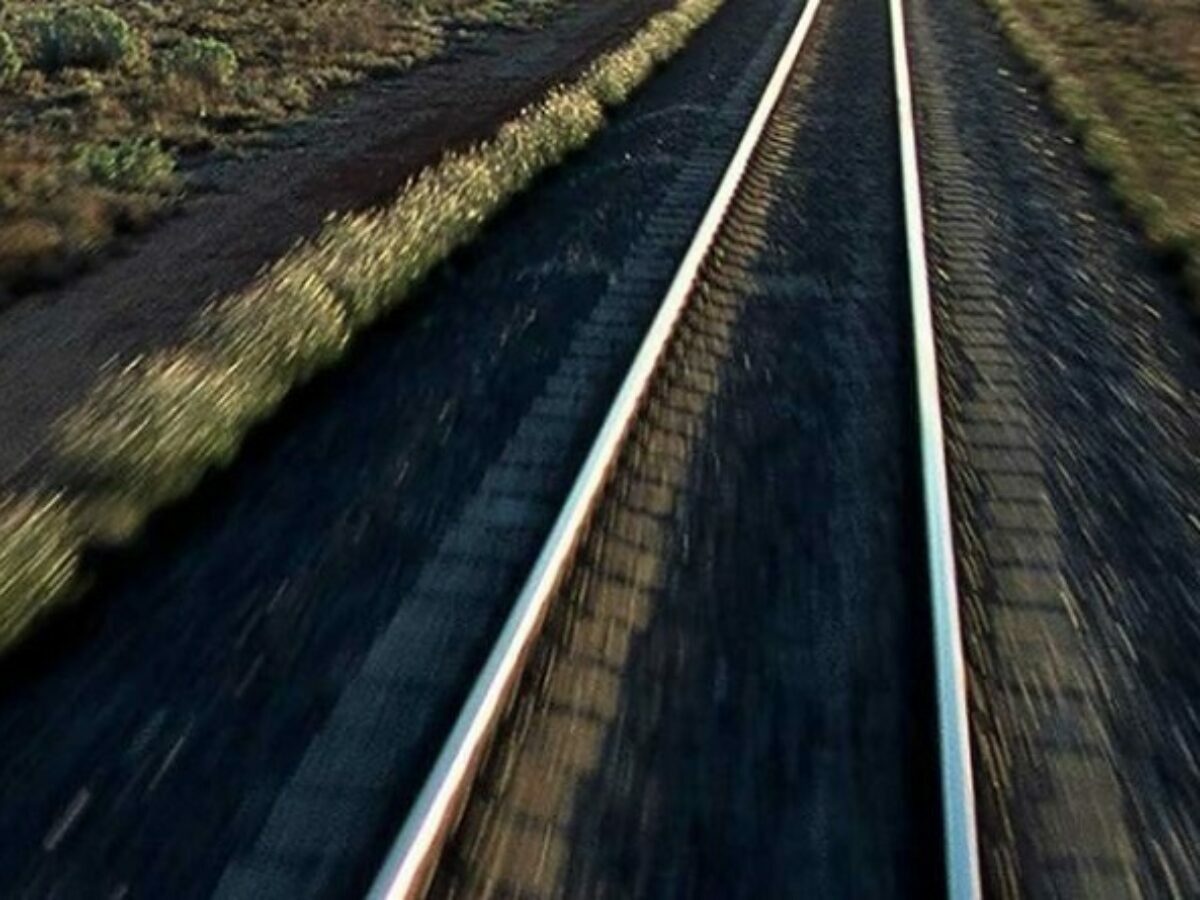Micro-X x-ray machine sales tick up, finally

By Peter Roberts
Cold cathode x-ray machine manufacturer Micro-X saw a strong uptick in sales in the September quarter, validating the company's reorganisation and greater focus on sales and marketing.
The company reported sales of $2.9 million in the September quarter, compared to total sales for FY23 of $3.8 million.
Australian government sales necessary to provide validation for the company's machines in overseas markets are finally coming through for Micro-X.
September quarter sales included $1.1 million in Rover x-ray machines supplied to Saab for use in deployable military field hospitals. The quarter saw a further $1.5 million order from the federal government for supply to Ukraine.
Glaring absent remain any significant orders from state health services – including puzzingly from South Australia – to use its x-ray machines in hospitals.
Recently appointed CEO Kingsley Hall said: “Following the release of our strategy refresh in August, we have been able to reshape the business and sharpen our commercial focus.
“…Our sales progress was also better with two separate deliveries of Rover (x-ray) units now made to the Australian government and a total of $2.9 million of sales and orders this quarter.
“This represented a welcome boost to our cashflow as the units were supplied from inventory on hand and we also received $6.2 million in cash from the R&D rebate.”
To date, despite boasting ground breaking carbon fibre nanotube technologies at the heart of a completely new type of x-ray emitter, the company's sales have disappointed.
On the plus side Micro-X has received massive flows of funding through fully funded R&D programmes.
The company has just executed a contract extension with the US Department of Homeland Security for up to $21 million which funds the entire development of an airport passenger self screening portal through to trial deployment in a US airport.
It also received $1.3 million in the quarter from the Australian Stroke Alliance which is funding the development of a point of care miniature brain CT scanner to detect strokes in ambulances before reaching a hospital. In total this support is worth $8 million.
But no company can rely on its technology excellence and R&D blue sky forever.
There remains plenty of blue sky with the Rover just approved for sale in Europe, the passenger checkpoint prototype nearing completion and a new Argus backscatter x-ray camera used to detect explosive devices soon to be released to market.
But the better sales just have to keep coming.
Peter Roberts holds shares in Micro-X.
Further reading:
SPEE3D, Micro-X, DroneShield and Minelab headed for Ukraine
Micro-X’s $21 million to manufacture airport X-ray checkpoints
Micro-X signs $8m stroke detection device contract
Picture:
@aumanufacturing Sections
Analysis and Commentary Awards casino reviews Defence Gambling Manufacturing News Online Casino Podcast Technology Videos





